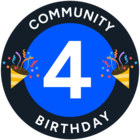My team is looking to take Docebo to the next level in the next year or so. Currently we use Docebo features mostly out of the box, with some small customizations based on what I’ve learned here.
To utilize more advanced customizations/features would it be helpful for me to learn CSS specifically or coding in general? I’d love to hear what other people have done with more advanced features.




